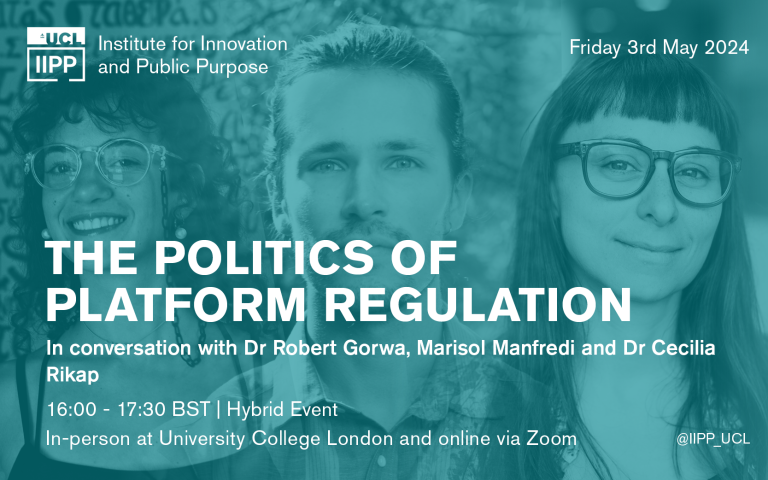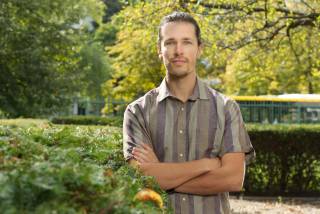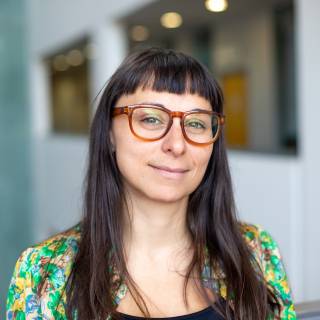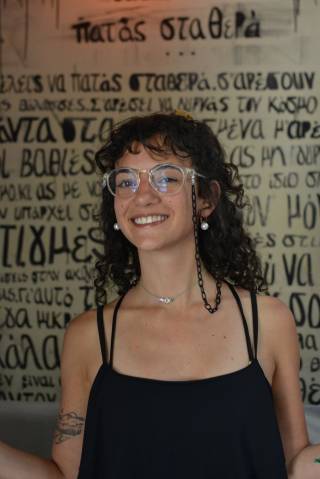The Politics of Platform Regulation: How Governments Shape Online Content Moderation
03 May 2024, 4:00 pm–5:30 pm

Watch this UCL IIPP in conversation with Dr Robert Gorwa, Postdoctoral Research Fellow at the Berlin Social Science Center, for a panel discussion on the book 'The Politics of Platform Regulation: How Governments Shape Online Content Moderation' with discussant Marisol Manfredi, PhD Candidate of Sustainable Development & Climate Change (IUSS Pavia + University of Pisa) and chair Dr Cecilia Rikap, Head of Research, UCL IIPP.
This event is free.
Event Information
Open to
- All
Availability
- Yes
Cost
- Free
Organiser
-
IIPP Comms
About this talk:
As digital platforms have become more integral to not just how we live, but also to how we do politics, the rules governing online expression, behaviour, and interaction created by large multinational technology firms --- popularly termed ‘content moderation,’ ‘platform governance,’ or ‘trust and safety’ --- have increasingly become the target of government regulatory efforts seeking to shape them.
This book (coming soon) provides a conceptual and empirical analysis of this important and emerging tech policy terrain of ‘platform regulation.’ How, why, and where exactly is it happening? Why now? And how do we best understand the vast array of strategies being deployed across jurisdictions to tackle this issue? The book outlines three strategies commonly pursued by government actors seeking to combat issues relating to the proliferation of hate speech, disinformation, child abuse imagery, and other forms of harmful content on user-generated content platforms: persuasive, collaborative, and contested forms of platform regulation. It then outlines a theoretical model for explaining the adoption of these different strategies in different political contexts and regulatory episodes. This model is explored through case studies of policy development (Germany, Australia and New Zealand, United States) driven by a combination of stakeholder interviews and deliberative policy documents obtained via freedom of information requests.
Meet the panel:
- Speaker: Dr Robert Gorwa | Postdoctoral Research Fellow at the WZB Berlin Social Science Center
- Discussant: Marisol Manfredi | PhD Candidate of Sustainable Development & Climate Change (IUSS Pavia + University of Pisa)
- Chair: Dr Cecilia Rikap | Head of Research and Associate Professor in Economics at the UCL Institute for Innovation and Public Purpose (IIPP)
About the Speakers
Dr Robert Gorwa
Postdoctoral Research Fellow at Berlin Social Science Center

Dr Cecilia Rikap
Head of Research and Associate Professor in Economics at UCL Institute for Innovation and Public Purpose

Cecilia’s research is rooted in the international political economy of science and technology and the economics of innovation. She currently studies the rising concentration of intangible assets leading to the emergence of intellectual monopolies, among others from digital and pharma industries, the distribution of intellectual (including data) rents, resulting geopolitical tensions and the effects of knowledge assetization on the knowledge commons and development. She has published two books on these topics. 1) “Capitalism, Power and Innovation: Intellectual Monopoly Capitalism uncovered” (Routledge), recently won the EAEPE Joan Robinson Prize Competition. 2) “The Digital Innovation Race: Conceptualizing the Emerging New World Order” (Palgrave), co-authored with B.A.K. Lundvall, focuses on the artificial intelligence race and clashes of power between the US and Chinese Big Tech, the US state and the Chinese states. Her recent work includes corporate planning of global production and innovation systems driven by intellectual monopolization and how these leading corporations, in particular tech giants, are developing state-like features, thus reshaping core and peripheral states. More about Dr Cecilia Rikap
Marisol Manfredi
PhD Candidate of Sustainable Development & Climate Change at IUSS Pavia and University of Pisa

She graduated in Economics at the National University of Mar del Plata, Buenos Aires, Argentina and holds an Erasmus Mundus Joint Master Degree on “Economic Policies for the Global Transition”, specialized in track A: Innovation, Knowledge and Digital Transition from Sorbonne Université, Université de Technologie de Compiègne and Università degli Studi di Torino.
She had work teaching and researching in her former University for 7 years, and she had also worked in the Ministry of Development in Argentina for 3 years and in the public/private company YPF in Argentina for 2 years as a consumer insight of future trends.
Her primer research focuses on the notion of well-being and needs and its relation with the ecological transition. She focuses on the notion of ‘how much is enough’ in order to establish limits to material consumption for building sustainable well-being policies to address climate change. From now onwards, she will also focus on the “The Dark Side of innovation”, to research deeply the innovations that are being created inside R&D Labs, focusing on the components used through the analysis of patents, with the aim of protecting the environment and the sustainability of human life, closing and important gap between the velocity of the processes of innovation, that extends national borders, and the slower rhythms of national/ regional policy regulations.
More about Marisol Manfredi Close
Close

